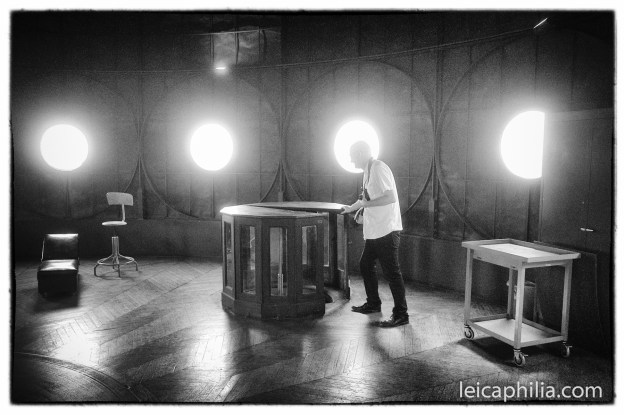The nature of dark matter and dark energy remains one of astronomy’s most profound mysteries. Scheduled for launch in 2020, ESA’s Euclid satellite will map precisely the distribution of dark matter in the Universe and provide the most accurate measurement yet of the cosmic acceleration.
Taken together, these two observations will provide a stringent test of our cosmological model. In addition, Euclid will provide an unprecedented legacy of high-resolution imaging over tens of thousands of square degrees of sky.
In my talk I will describe the Euclid mission and the challenges of realising such a precise experiment.
Euclid is an ESA mission to map the geometry of the dark Universe. The mission will investigate the distance-redshift relationship and the evolution of cosmic structures by measuring shapes and redshifts of galaxies and clusters of galaxies out to redshifts ~2, or equivalently to a look-back time of 10 billion years. In this way, Euclid will cover the entire period over which dark energy played a significant role in accelerating the expansion.
Doors open about 7.15pm. There is free parking available on the campus in the evenings. Admission Free, including light refreshments. We are located in the Bell Theatre, Department of Mathematics and Physics, QUB – details here……
With thanks to the Astrophysics Research Centre, QUB, for assistance with this event.

